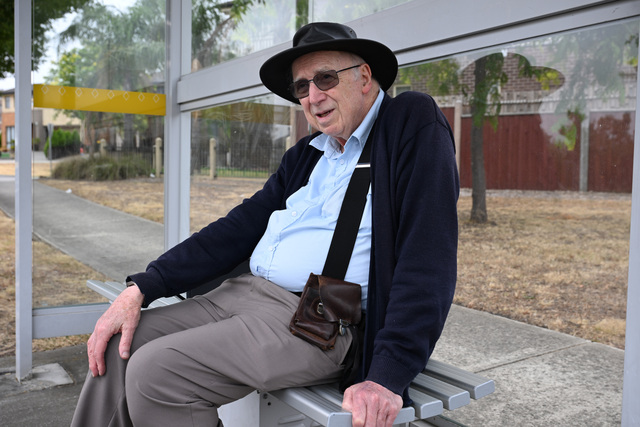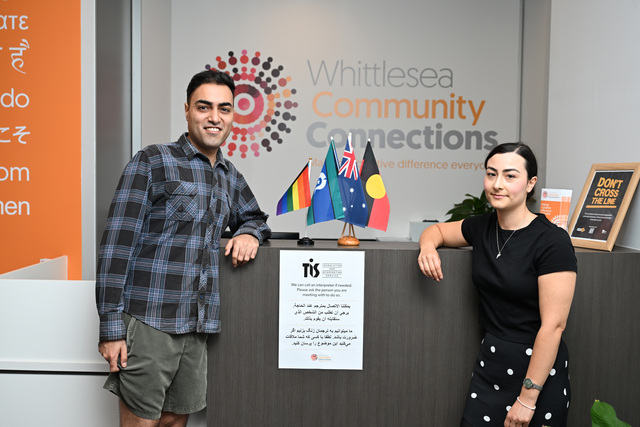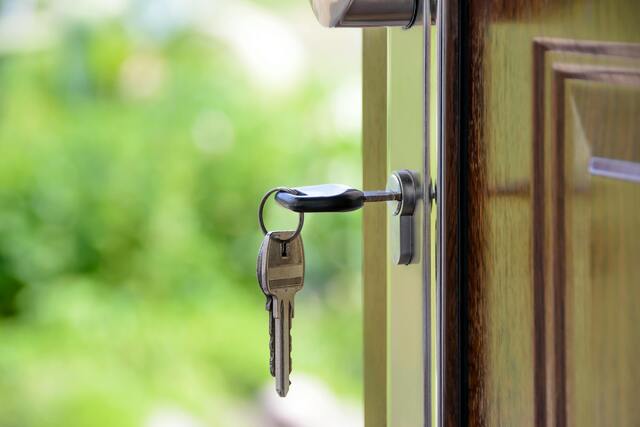More than half the residents of Whittlesea and Hume don’t feel safe walking alone at night, a new survey reveals.
The 2015 VicHealth survey found that 53 per cent of Whittlesea residents and 59 per cent of Hume residents are scared walking alone in their areas after dark.
The finding is significantly higher than the Victorian average of 45 per cent.
The survey is based on telephone interviews conducted last year with almost 23,000 people.
It also revealed that a higher than average percentage of Whittlesea and Hume residents feel they don’t live in close-knit neighbourhoods, and that their neighbours cannot be trusted. In both municipalities, 40 per cent of people felt that others in their neighbourhood couldn’t be trusted. Across the state, just 28 per cent of people questioned the trustworthiness of their neighbours.
Forty-eight per cent of Whittlesea and Hume residents said their communities were not tight-knit, compared to 39 per cent statewide.
VicHealth chief executive Jerril Rechter said the survey results would help councils in planning for the future.
Whittlesea council is already planning to address public safety in the municipality by working more closely with local police and community groups on a new strategy to address negative perceptions of safety, as well as initiatives to prevent crimes.
The strategy, which was adopted in August, outlines ways the council can work with Whittlesea police and local groups to help residents feel safer.
The VicHealth survey also found that Whittlesea and Hume residents are not getting enough exercise, with 30 per cent of Hume residents and 24 per cent of Whittlesea’s doing no physical activity, and not eating enough fresh fruit and vegetables.
The municipalities also have a higher than average number of smokers.
Ms Rechter said the survey was part of VicHealth’s strategy to get one million more Victorians in better health with a greater sense of wellbeing by 2023.
“Small changes over time can make a big difference. Setting simple achievable goals, like eating one extra piece of fruit or vegetables per day or going for an additional walk each week, with a view to increasing those goals over time, can make major difference to our health and wellbeing in the long term,” she said.
















